Types of Offer
An offer is the initial step in creating a contract, marking the beginning of a legal commitment between the parties. It's important to understand that acceptance can only be given in response to a prior offer, making the offer a crucial element in forming a contract.
Under Section 2(a) of the Indian Contract Act (ICA), an offer is defined as follows: "When one person indicates to another that they are willing to do something or refrain from doing something, with the intention of getting the other person's agreement to such an action or inaction, it is considered a proposal."
Types of Offer in Contracts
| Type of Offer | Definition | Example | Result |
|---|---|---|---|
| Express Offer | Clear, direct offer in words, oral or written | A offers to sell a car for $10,000 to B. | Creates a potential contract. |
| Implied Offer | Offer inferred from actions or circumstances | A leaves a car with a price tag at B’s shop. | Potential contract if accepted. |
| General Offer | Open offer to the public or a wide audience | A offers a reward for finding a lost dog in a poster. | Potential contract when accepted. |
| Specific Offer | Directed at a particular person or group | A offers to sell a car to B for a specific price. | Creates a potential contract. |
| Cross Offer | Simultaneous identical offers by two parties | A offers to sell a car to B while B offers to buy it. | No contract; mutual rejection. |
| Counter Offer | Response with modified terms to the original offer | A offers to sell a car for $10,000; B offers $8,000. | Rejects the original offer. |
| Standing Offer | An offer open for acceptance over a period | A invites tenders for a year-long supply contract. | Accepted orders form contracts. |
Express Offer and Implied Offer
Express Offers and Implied Offers are two types of offers defined under Section 9 of The Indian Contract Act (ICA).
Express Offer: When a proposal or acceptance of a promise is made using words, it is considered an express offer. This means the offer is communicated clearly and directly, either orally or in writing.
Implied Offer: When a proposal or acceptance is conveyed in a manner other than using words, it is categorized as an implied offer. This type of offer is not explicitly stated but is inferred from the actions or circumstances of the parties involved.
Examples
- Express Offer: If a person verbally offers to sell a car for a specific amount, it is an express offer.
- Implied Offer: Consider an auction where bidders raise their hands to indicate their bid without verbal offers. This is an implied offer because the offer is understood from the context and actions.
General Offer
A General Offer is an offer that is open to the public, meaning anyone who fulfills the offer's conditions can accept it. The concept of a General Offer was famously established in the landmark case of Carlill v. Carbolic Smoke Ball Co.
Carlill v. Carbolic Smoke Ball Co.
In this case, the Carbolic Smoke Ball company advertised that they would pay £100 to anyone who contracted influenza, colds, or any disease caused by colds after using their medicine as per the instructions. They also stated that £1000 had been deposited in the Alliance Bank to show their sincerity. Mrs. Carlill used the medicine but still contracted influenza, and subsequently sued the company for the reward.
The company argued that their offer was not intended to create a legally binding agreement, claiming it was merely a marketing strategy. They also contended that the offer had not been made to any specific individual, thus they were not obligated to pay Mrs. Carlill. However, the court ruled in favor of Mrs. Carlill, stating that in cases of general offers, explicit acceptance is not necessary. Anyone who fulfills the offer's conditions is deemed to have accepted it. The deposited money demonstrated the company's intent to create a legally binding relationship, entitling Mrs. Carlill to the reward.
Specific Offer
A Specific Offer is directed towards a particular individual or a specific group of people. Only the person or group to whom the offer is made can accept it.
Boulton v. Jones
In this case, the Plaintiff had taken over the business of Brocklehurst, the original owner. The defendant, unaware of this change, placed an order with Brocklehurst. When the defendant received the goods and an invoice from the new owner, he refused to pay, claiming he had a set-off against the original owner.
The court ruled in favor of the defendant, stating that an offer made to a specific person cannot be accepted by another without the original offeror's consent. Pollock CB clarified that if a contract is intended with person A, person B cannot substitute themselves as A without the consent of the other party. The ruling highlighted that offers meant for specific individuals, especially those involving personal services or where there is a set-off, cannot be transferred or accepted by another without agreement.
Cross Offer
A Cross Offer occurs when two parties independently and unknowingly make identical offers to each other. However, cross offers are not considered valid offers, and they do not result in the formation of a contract.
Tinn v. Hoffman
In this case, the defendant offered to sell 800 tons of iron to the complainant at a specific price per ton. At the same time, the complainant made an offer to buy the same quantity of iron from the defendant under similar terms. The central issue was whether these simultaneous offers constituted a valid acceptance and thus formed a contract.
The court ruled that these were indeed cross offers, as they were made independently and without knowledge of each other. Consequently, these offers did not create a binding contract because they were not accepted by the other party; they were simply identical proposals made simultaneously.
Counter Offer
A Counter Offer occurs when the offeree responds to the original offer with a qualified acceptance that includes modifications or variations to the terms of the original offer. A counter offer effectively rejects the original offer and proposes new terms.
Example: Suppose A offers to sell a car to B for 10 Lakhs. Instead of accepting the offer as presented, B responds by agreeing to buy the car for 8 Lakhs. B's response constitutes a counter offer and simultaneously rejects A’s original offer. If B later decides to accept the original offer price of 10 Lakhs, A is under no obligation to accept because the original offer was terminated by the counter offer.
Hyde v. Wrench
In this case, an offer to sell a farm for £1,000 was initially rejected by the Plaintiff, who instead offered £950 for the farm. When the Plaintiff later accepted the original price of £1,000, the court ruled that no contract existed because the Plaintiff’s earlier counter offer constituted a rejection of the original offer. If the Plaintiff had accepted the original offer without modifications, a valid contract would have been formed. However, the counter offer nullified the original offer, preventing the formation of a contract.
Standing Offer
A Standing Offer is an offer that remains open for acceptance over a specified period. It allows potential offerees to accept the offer within that timeframe. For example, standing offers are common when tenders are invited for the supply of goods or services.
Perclval Ltd. v. London County Council Asylums and Mental Deficiency Committee
In this case, the plaintiff advertised for tenders to supply goods. The defendant submitted a tender, agreeing to supply various special articles to the company for a duration of 12 months. However, during this period, the defendant failed to supply a particular consignment.
The court held that the tender submitted by the defendant was a standing offer intended to be converted into a series of contracts through subsequent acts by the company. When the company issued an order based on the standing offer, it prevented the offeror (the defendant) from revoking the offer for that specific portion. Consequently, the company succeeded in taking legal action for breach of contract when the defendant failed to supply a consignment as per their standing offer. This case illustrates how standing offers function and how they can lead to contractual obligations when accepted by subsequent orders or actions.
Conclusion
The various types of offers in contract law provide flexibility and clarity in forming agreements. The seven types of offers in contract law include express offers, implied offers, general offers, specific offers, cross offers, counter offers, and standing offers.
An express offer, made in clear and explicit terms, contrasts with implied offers, which arise from actions and circumstances. General offers, open to the public at large, differ from specific offers directed at particular individuals. Cross offers, while notable, do not result in contracts, as they involve identical, simultaneous offers by two parties.
Counter offers represent a rejection of the original offer, as the offeree proposes modified terms. Standing offers, such as tenders, allow for extended acceptance over a set period. Understanding these types of offers is crucial in contract law, as they shape the dynamics of contract formation and acceptance.
Share
Related Post
Tags
Archive
Popular & Recent Post











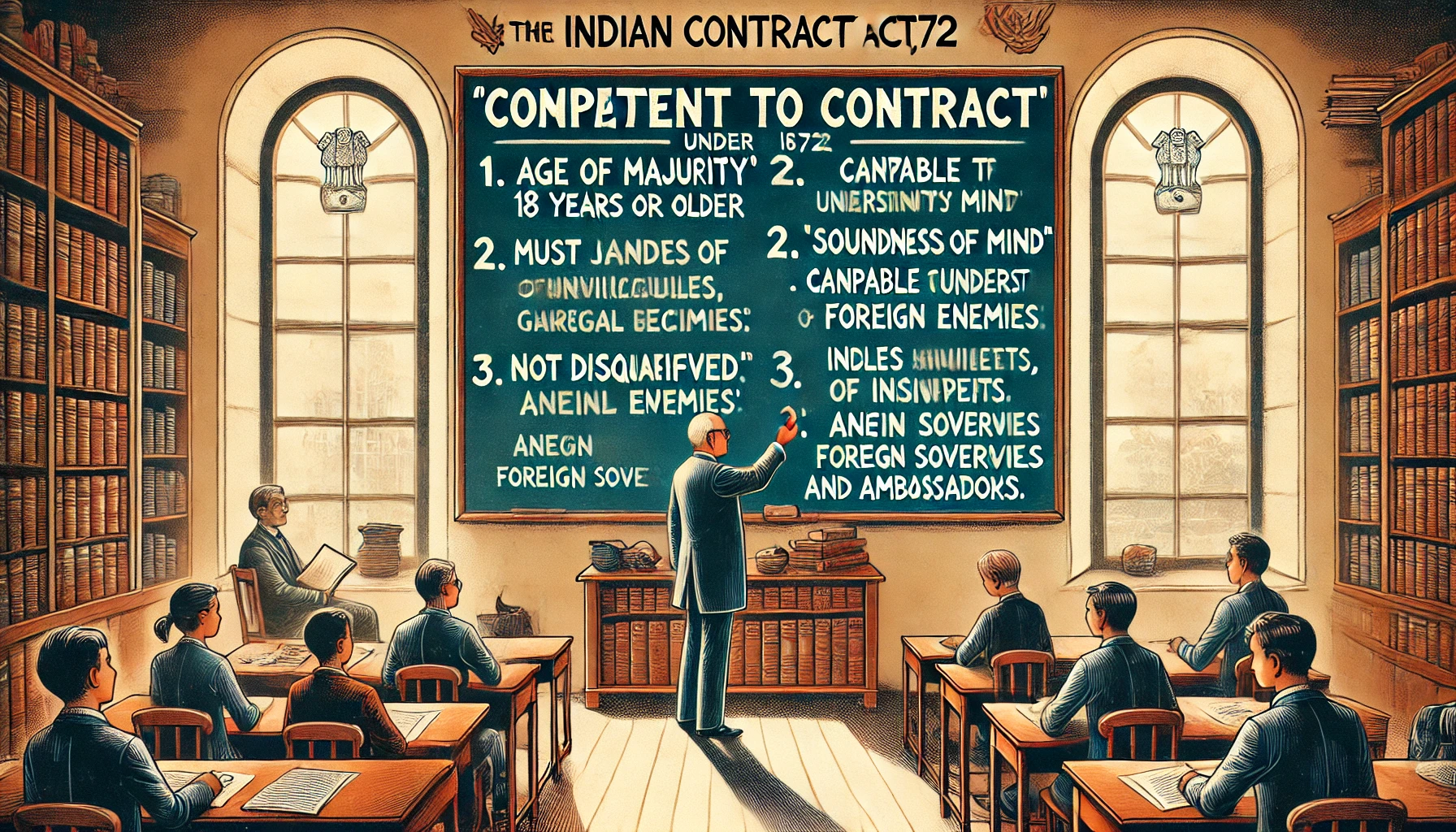
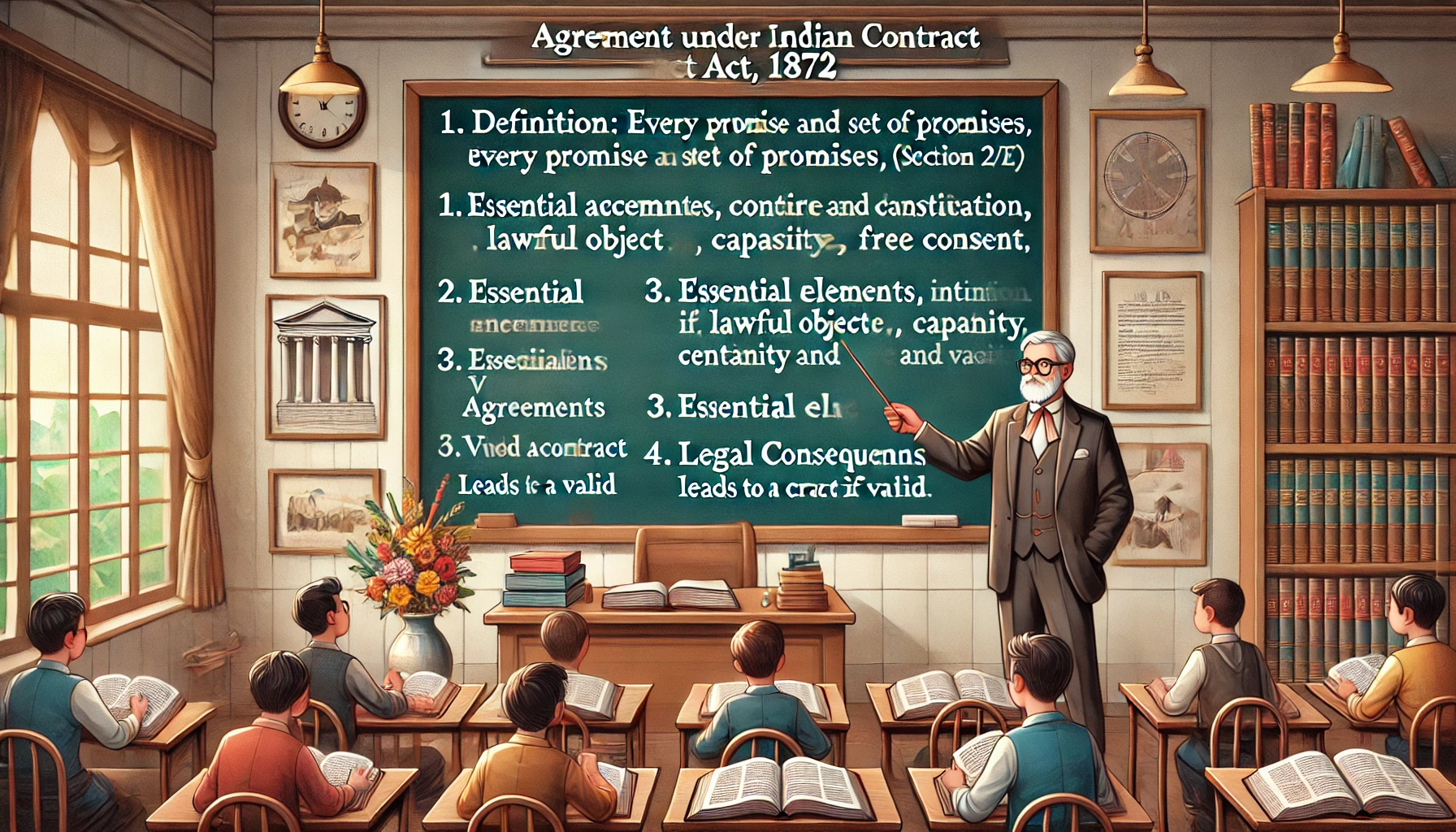

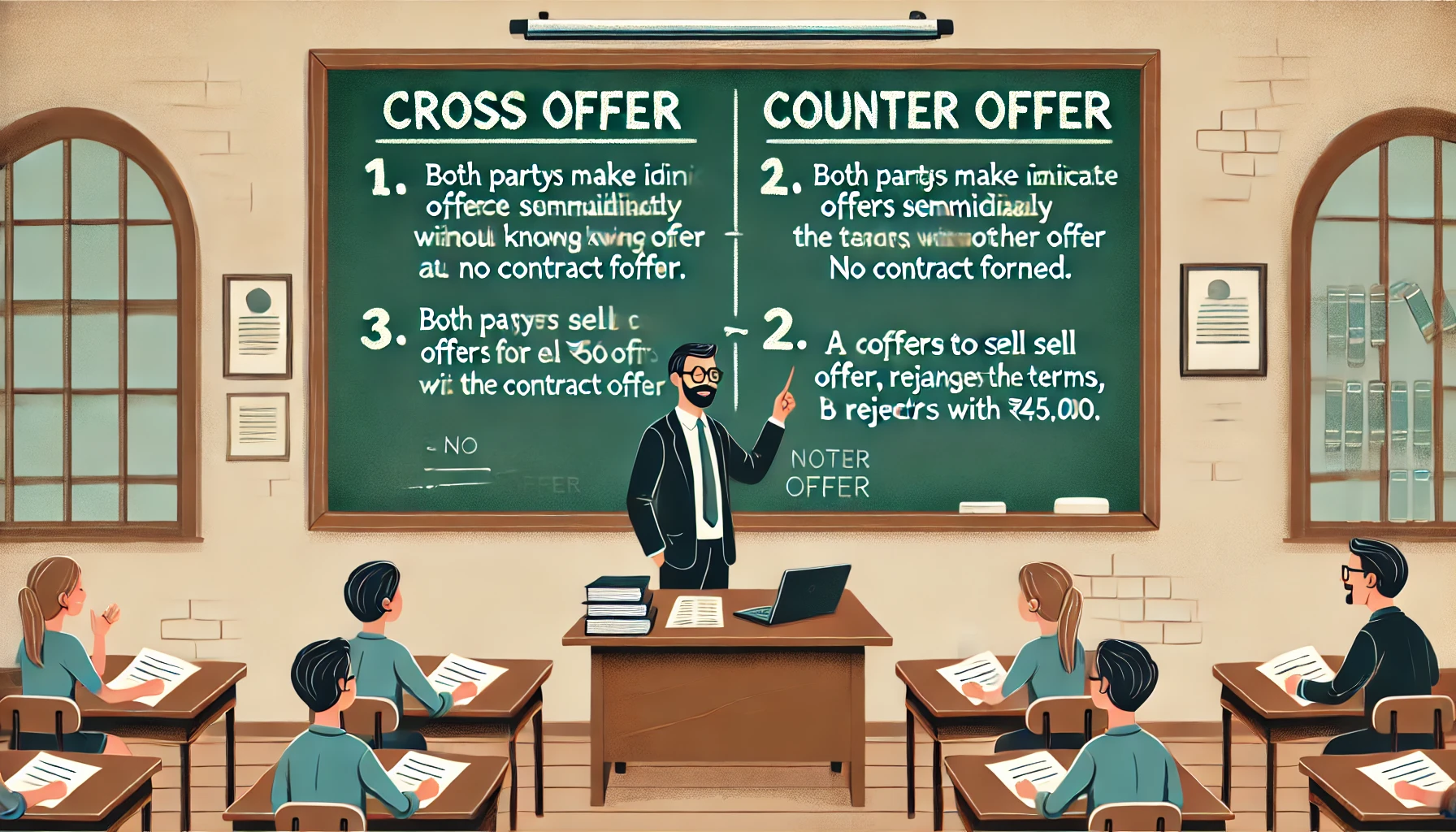
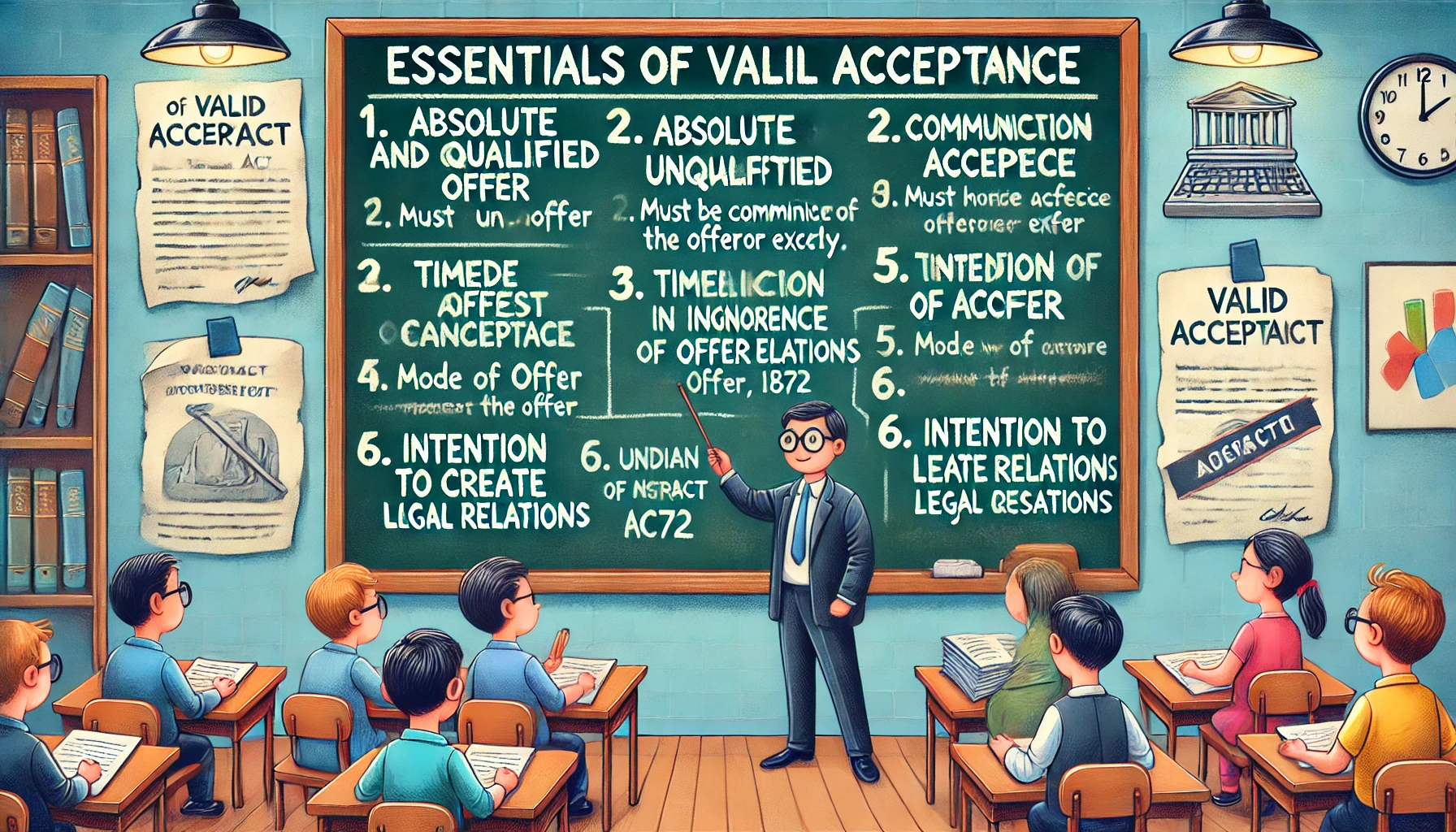




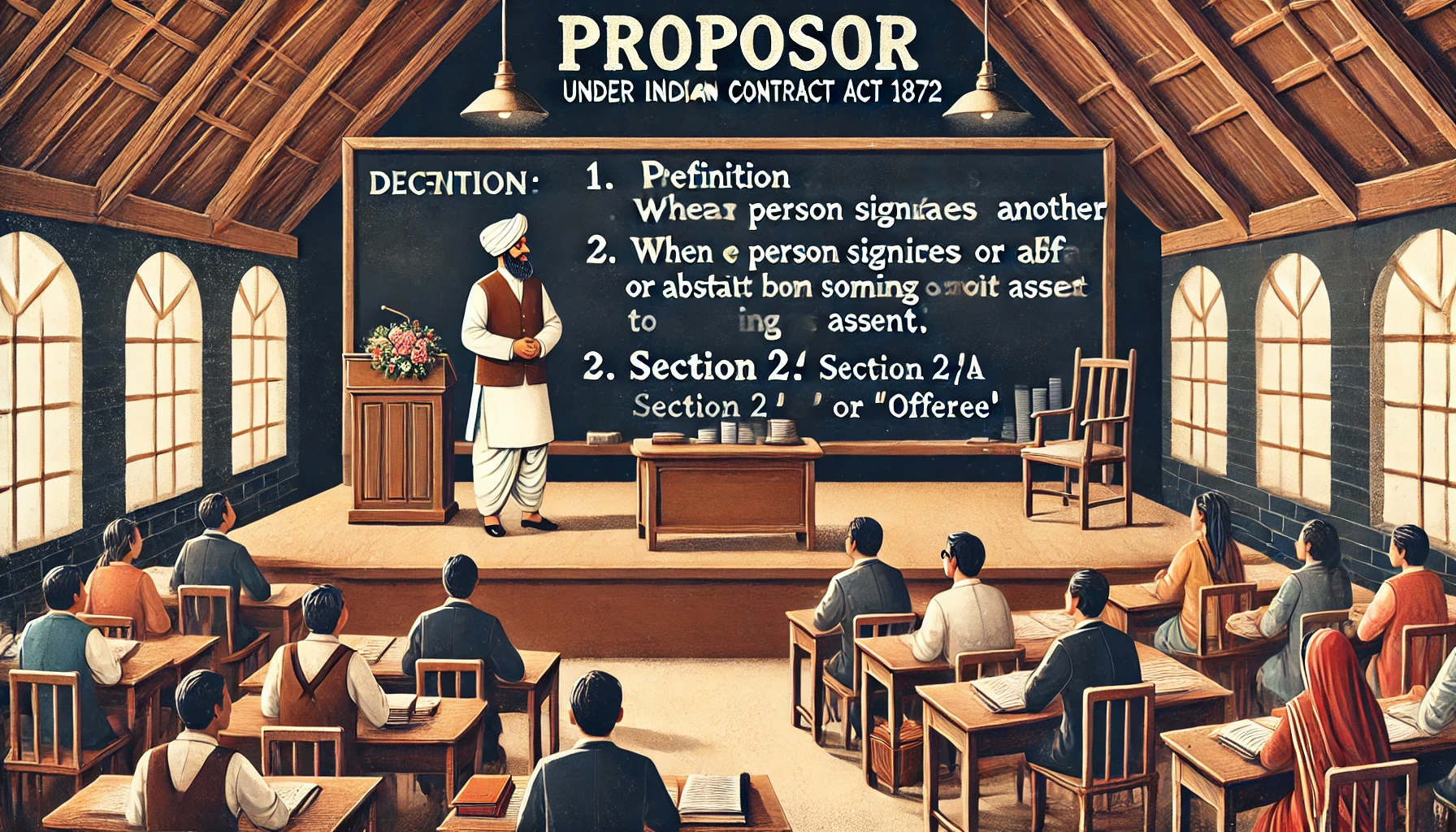






























































































Comment
Nothing for now